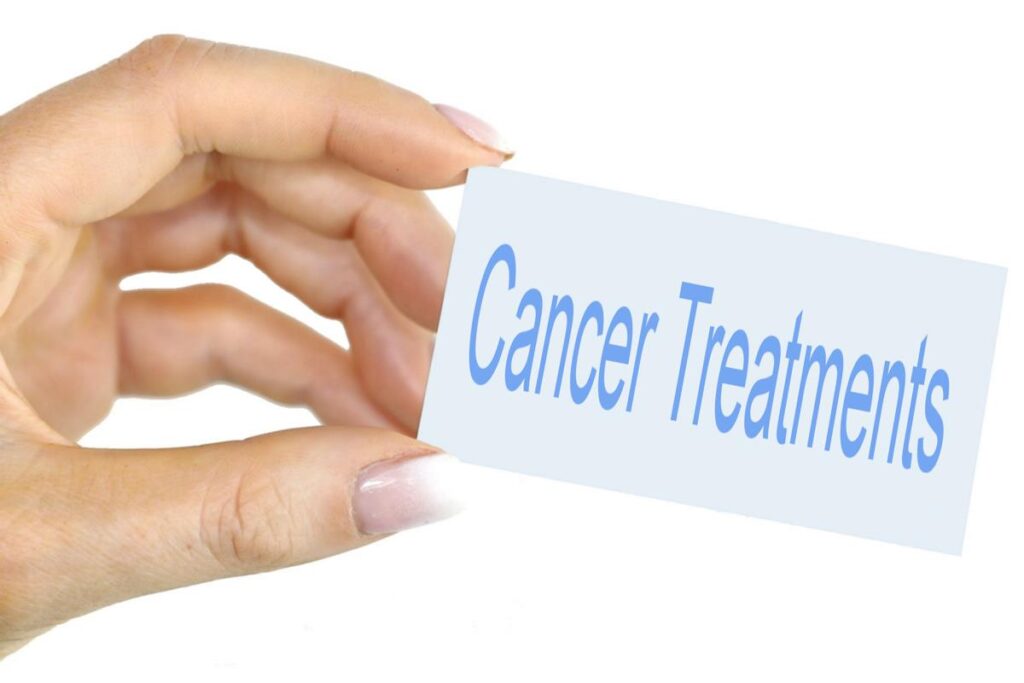Oral Cancer Treatment Options – Oral cancer is a serious and potentially life-threatening condition that requires prompt and effective treatment. Understanding the available treatment options is crucial for patients and their caregivers to make informed decisions about their care. In this article, we will explore various treatment modalities for oral cancer, ranging from traditional approaches to emerging therapies and supportive care.
Introduction to Oral Cancer

Oral cancer refers to any cancerous growth that occurs in the mouth, including the lips, tongue, gums, floor of the mouth, and palate. There are several types of oral cancer, including squamous cell carcinoma, which accounts for the majority of cases. Early detection of oral cancer is essential for successful treatment outcomes.
Common Symptoms of Oral Cancer
Recognizing the signs and symptoms of oral cancer is crucial for early diagnosis. Common symptoms may include persistent mouth sores, swelling or lumps in the mouth, difficulty swallowing or speaking, and unexplained bleeding or numbness.
Risk Factors for Oral Cancer
Several factors can increase the risk of developing oral cancer, including tobacco and alcohol use, human papillomavirus (HPV) infection, and excessive sun exposure. Understanding these risk factors can help individuals take preventive measures and seek early medical attention if needed.
Diagnostic Procedures for Oral Cancer
Diagnosing oral cancer typically involves a combination of oral examination, biopsy, and imaging tests such as X-rays, CT scans, and MRI. These tests help determine the extent of the disease and guide treatment planning.
Traditional Treatment Options
Traditional treatment options for oral cancer include surgery, radiation therapy, and chemotherapy. Surgery may involve removing the tumor and surrounding tissues, while radiation therapy and chemotherapy are used to destroy cancer cells and prevent their spread.
Emerging Treatment Approaches
In recent years, there has been growing interest in emerging treatment approaches for oral cancer, including targeted therapy, immunotherapy, and photodynamic therapy. These innovative therapies aim to target specific molecular pathways involved in cancer growth and enhance the body’s immune response against cancer cells.
Integrative Therapies and Supportive Care
Integrative therapies such as acupuncture, nutritional counseling, and psychological support can play a valuable role in managing the side effects of cancer treatment and improving quality of life for patients. These supportive care services address the physical, emotional, and spiritual needs of individuals affected by oral cancer.
Clinical Trials and Experimental Treatments
Participating in clinical trials can provide access to cutting-edge treatments and contribute to advancing scientific knowledge about oral cancer. Patients considering experimental treatments should weigh the potential benefits and risks in consultation with their healthcare providers.
Palliative Care and Symptom Management
Palliative care focuses on relieving pain and other symptoms associated with oral cancer, regardless of the stage of the disease. Palliative treatments may include pain management, palliative radiation therapy, and hospice care for patients nearing the end of life.
Survivorship and Rehabilitation
After completing primary treatment for oral cancer, patients may require ongoing follow-up care and rehabilitation services to address any lingering side effects and support their recovery. Support groups and survivorship programs can also provide valuable peer support and resources.
Patient Perspective: Living with Oral Cancer
Living with oral cancer can present numerous challenges, both physically and emotionally. Patients may adopt various coping strategies to navigate the journey, including seeking support from loved ones, maintaining a positive outlook, and engaging in activities that bring joy and fulfillment.
Caregiver Support and Resources
Caregivers play a vital role in supporting patients with oral cancer throughout their treatment and recovery. It is essential for caregivers to prioritize self-care, seek assistance when needed, and access support services to address their own needs and concerns.
Oral Cancer Prevention
While not all cases of oral cancer can be prevented, adopting a healthy lifestyle and practicing good oral hygiene can help reduce the risk. Regular dental check-ups, avoiding tobacco and excessive alcohol consumption, and getting vaccinated against HPV are important preventive measures.
Importance of Early Detection and Screening
Regular oral cancer screenings by dentists and healthcare providers are critical for detecting the disease in its early stages when treatment is most effective. Patients should be proactive about their oral health and seek medical attention promptly if they notice any unusual changes in their mouth.
Conclusion
In conclusion, oral cancer treatment options have evolved significantly in recent years, offering patients a range of therapeutic approaches tailored to their individual needs. By staying informed about the latest advances in treatment and seeking comprehensive care from a multidisciplinary team, individuals affected by oral cancer can improve their chances of survival and quality of life.
Unique FAQs
- What are the primary risk factors for developing oral cancer?
- Tobacco use, excessive alcohol consumption, HPV infection, poor oral hygiene, and genetic predisposition are common risk factors for oral cancer.
- How is oral cancer diagnosed?
- Oral cancer is typically diagnosed through a combination of physical examination, biopsy, and imaging tests such as X-rays, CT scans, or MRI.
- What treatment options are available for oral cancer?
- Treatment options for oral cancer include surgery, radiation therapy, chemotherapy, targeted drug therapy, immunotherapy, and palliative care, depending on the stage and extent of the disease.
- What are the side effects of oral cancer treatment?
- Side effects of oral cancer treatment may include mouth sores, dry mouth, tooth decay, nausea, hair loss, fatigue, skin rash, and flu-like symptoms, among others.
- Why is early detection important in oral cancer?
- Early detection of oral cancer significantly improves treatment outcomes and enhances the chances of successful recovery. Regular dental check-ups and oral cancer screenings play a crucial role in early diagnosis and intervention.




Pingback: Michelle Troconis Arrest: Unraveling the Case - An In-depth Analysis - Realone
Pingback: Introduction to Real Madrid FC - Realone